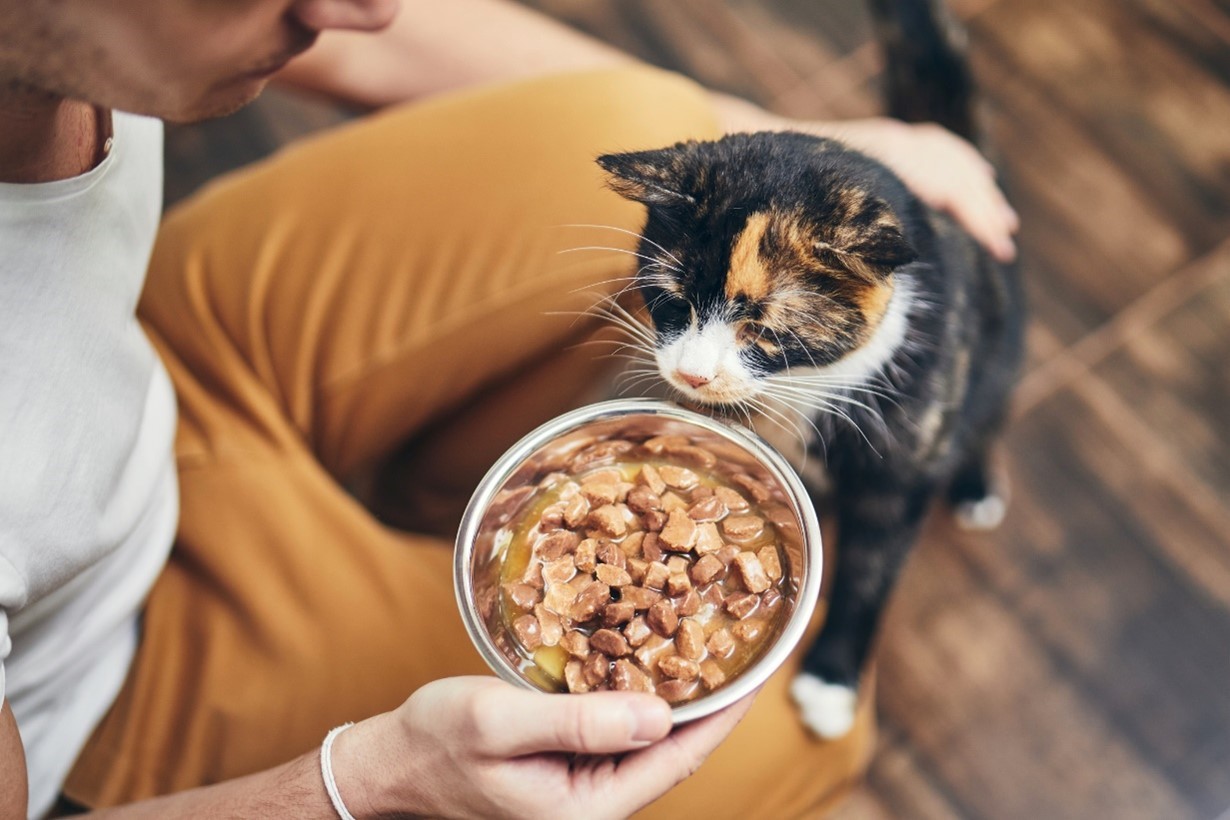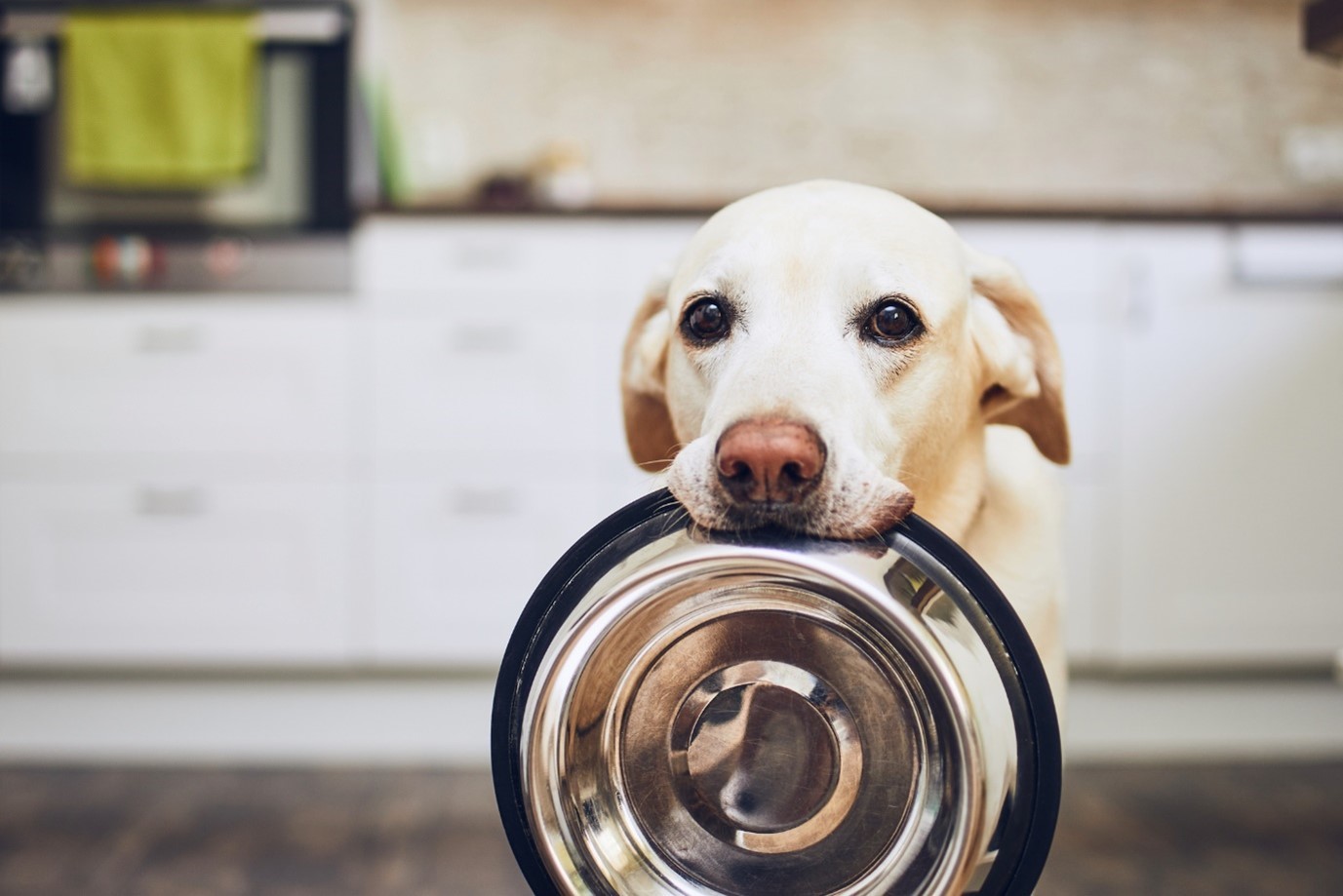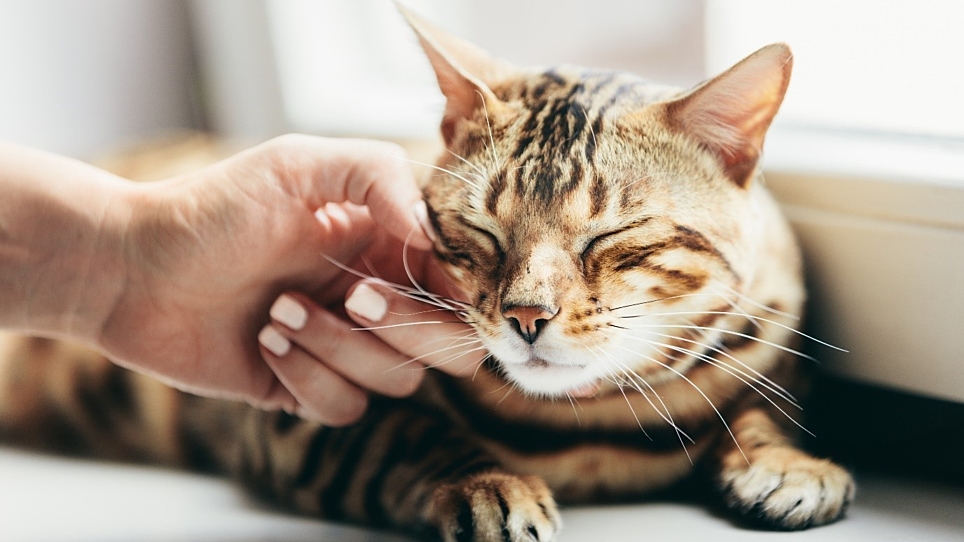Like us, our pets’ dietary needs change as they get older. As responsible pet owners, it’s up to us to manage their diets and make sure they’re getting all the nutrients they need to help them live long, happy lives.
It can be difficult to know exactly how to do that, especially as their needs change as they age. Thankfully, the expert team at Animal Welfare League has you covered!

Feeding your older cat
As cats age, it can be common for them to develop medical conditions such as kidney disease and thyroid disease. These can cause them to lose weight. If your cat is underweight, you should speak to your vet as soon as possible.
On the other hand, some older cats can be prone to gaining weight if they eat too much. This can lead to serious illnesses such as kidney disease, diabetes, and arthritis.
Before you decide on a diet for your older cat, you need to determine if they are at a healthy weight. Since cats vary in size, it can sometimes be difficult to tell whether they are at a healthy weight. The only way to tell if your cat is overweight is to examine them.
Look at them from above to see if they have an hourglass waist, then check to see if you can feel their ribs with a light finger touch. If they don’t have an hourglass waist and you can’t feel their ribs by lightly touching with one finger, your cat might need to lose weight. You can do this by feeding them smaller portion sizes.
Most good brands of cat food also have a senior diet available, which are lower in calories and reduce the likelihood of weight gain. Keep in mind that any weight loss needs to be gradual – it is unhealthy for a cat to lose weight too quickly.
If you suspect your cat is overweight, the best thing to do is speak to your vet about your options, as they can vary depending on the circumstances of your cat.

Feeding your older dog
As dogs age, you may notice that they become more prone to gaining weight. If you notice this, it’s a good idea to reduce the amount of food they’re eating. On the other hand, if you notice that they’re losing weight, you should speak to your vet immediately as it could be a sign of illness.
Before you decide on a diet for your older dog, you need to determine if they are at a healthy weight. The best way to do this is examining them. Look at them from above to see if they have an hourglass waist, then check to see if you can feel their ribs with a light finger touch. If they don’t have an hourglass waist and you can’t feel their ribs by lightly touching with one finger, your dog might need to lose weight.
Over the last few years, dog food brands such as SavourLife have been able to develop specially formulated diets for older dogs that can help meet changes in their nutritional needs as they age. These types of foods are also often lower in calories and fat, which can help to reduce weight gain that comes with less physical activity associated with ageing.
Before starting your dog on any new diet, you should always consult your vet.
To receive more pet advice, just click the button below!
